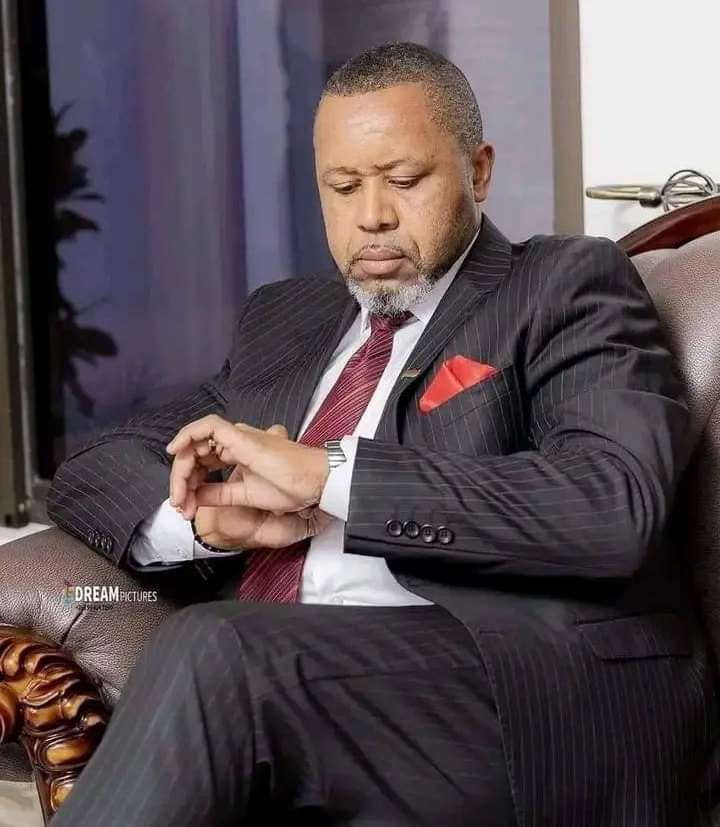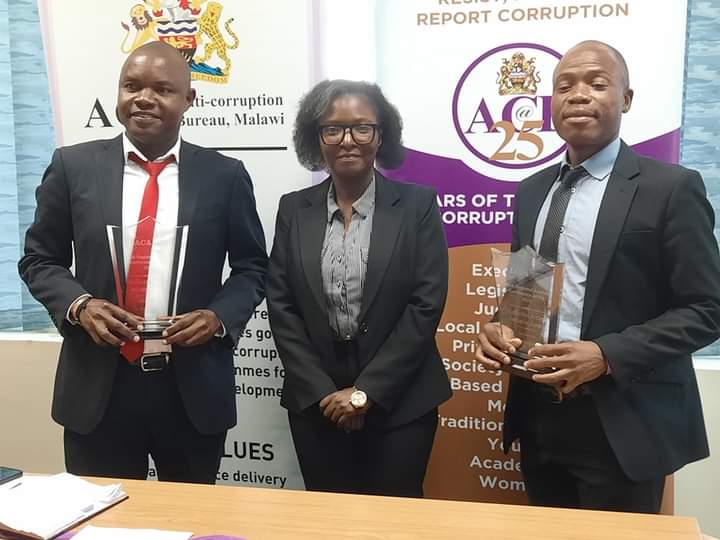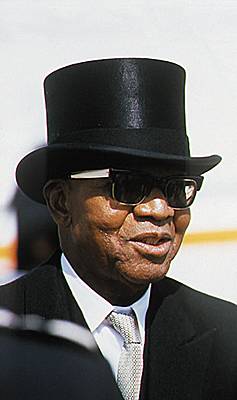Potable Water, Key To Malawi’s Poverty Eradication
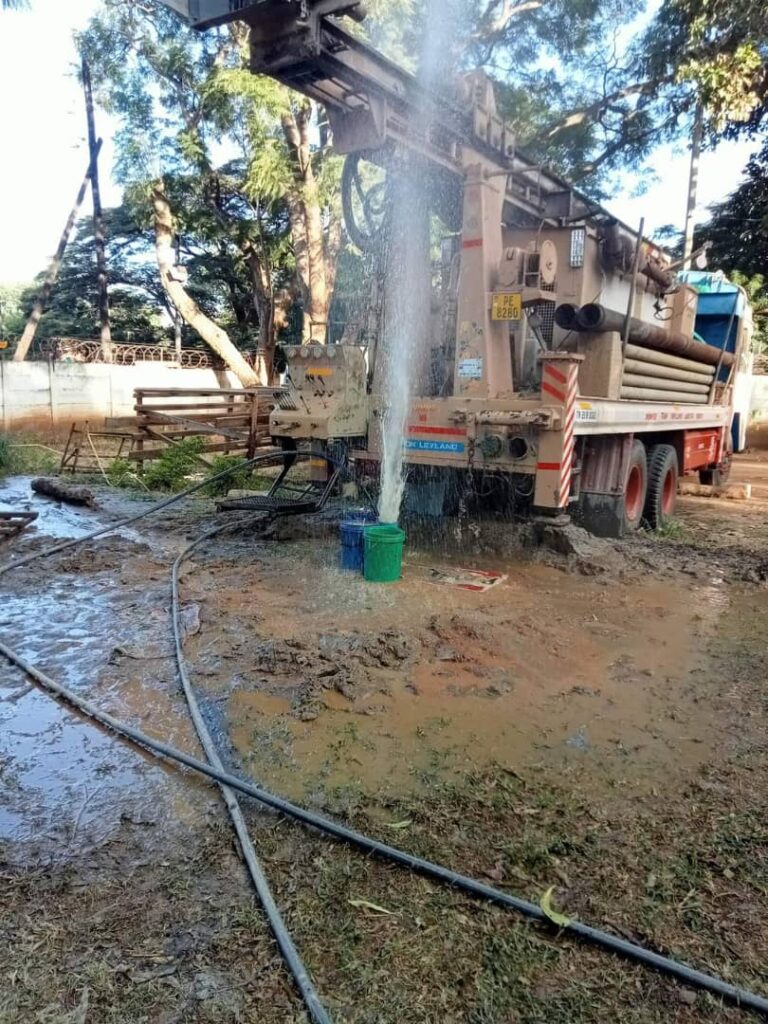
Despite Malawi attaining it’s independence 59 years ago reports about only 67 per cent of the population having access to portable drinking water distribution among districts and between urban and rural areas leading to increased numbers of cases of waterborne diseases such as bilharzia, diarrhea, and cholera are quite disheartening.
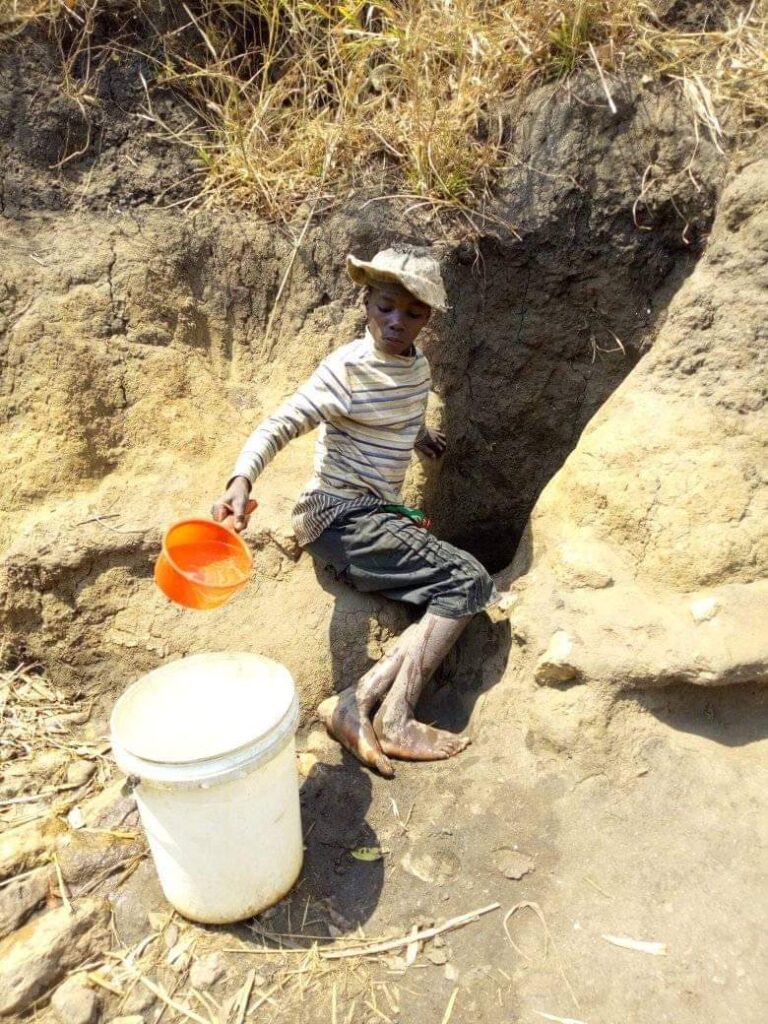
Recent reports compiled by several stakeholders in water management services including the Mzimba-based Rural Development Partners (RDP) indicate that some villages mostly those adjacent to national parks and game reserves are still sharing water sources with wild animals.
Meanwhile, a majority of stakeholder in the water sector have intensified efforts aimed at assisting government achieving it’s vision of providing safely managed drinking water services by 2030 as stipulated by the United Nations Sustainable Development Goals (SDG 6.1.) with priority areas of work in increasing coverage of basic water services including scale.
Several socio-economic commentators advised that government would have utilized already existing efforts available to empower9 indigenous partners in the water sector by among others providing soft loans and contracts to those who have invested in borehole drilling machinery.
Recent results of studies conducted by UNICEF and RDP reveal that most water points are no longer in working condition because of old age, government neglect, lack of spare parts and inadequate community-based water management structures.
“In rural areas, 37 per cent of households spend 30 minutes or more to fetch drinking water in comparison to 13 per cent in urban areas, further analyses within districts also reveal the distribution of water services in some areas is poor with only 77 per cent of water points nationwide being functional,” reads part of the UNICEF report.
In a telephone interview, the Managing Director for Mphavu Water Engineers, Ulanda Duwe said without any provision of potable water sources nearby women and children shoulder the burden of poor access to services as they often walk long distances to collect water for their families.
“As country we are still very far in as far as provision of potable water is concerned because there are still some villages with no even a single borehole since independence although we claim that 67 per cent of Malawi’s households have access to drinking water, distribution among districts, and between urban and rural areas, is uneven,” Duwe said.
Conquering with Duwe, the RDP’s Executive Director, Daniel Nyirenda mentioned that improved drinking water sources are more common in urban areas almost at 87 per cent compared to 63 per cent in rural areas.
But while conceding that there is poor coordination among the indigenous borehole drillers despite the formulation of their umbrella body ‘Borehole Drilling Association’ there is a need for more collective approaches among all the stakeholders in the water provision services.

During our media visit to some parts of the country it was established that since the country continues experiencing increased spells of drought and recent high incidents of floods have displaced populations to places with no water provision services.
The interruption or degradation of Water Sanitation and Hygiene (WASH) services in affected communities during times of crisis affects health, nutritional status, the safety and dignity of children and women.
According to the 2010 Malawi Demographic Health Survey (DHS), 78% of children under two years old experienced at least one incident of diarrhea while 80% of the population has access to an improved source of drinking water, but about 4 million people continue to lack access to safe drinking water.
